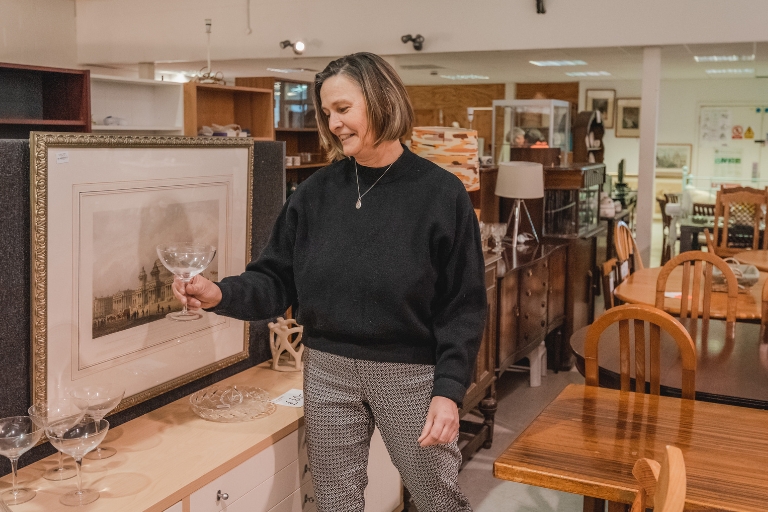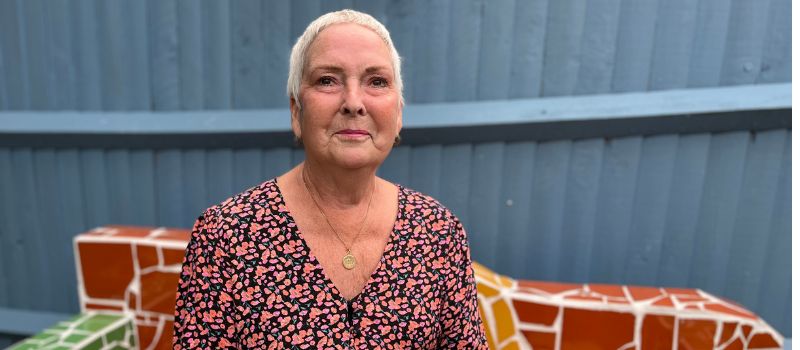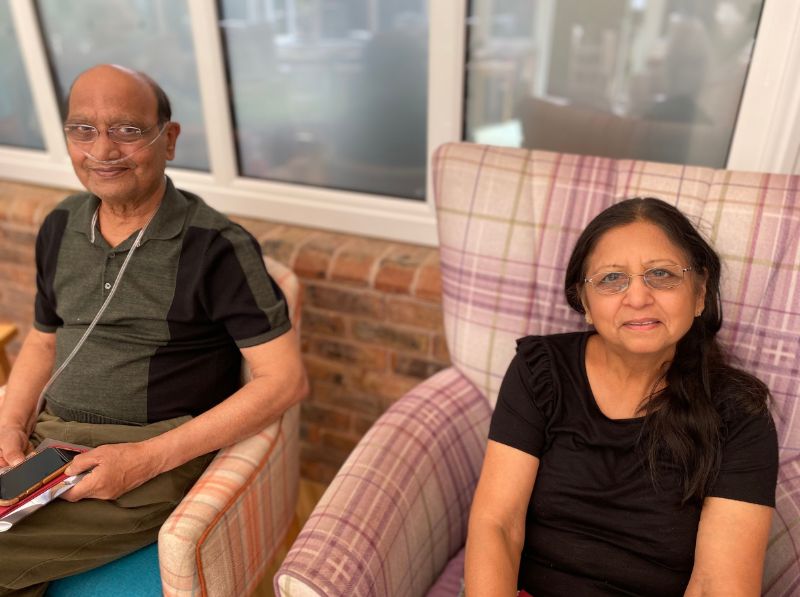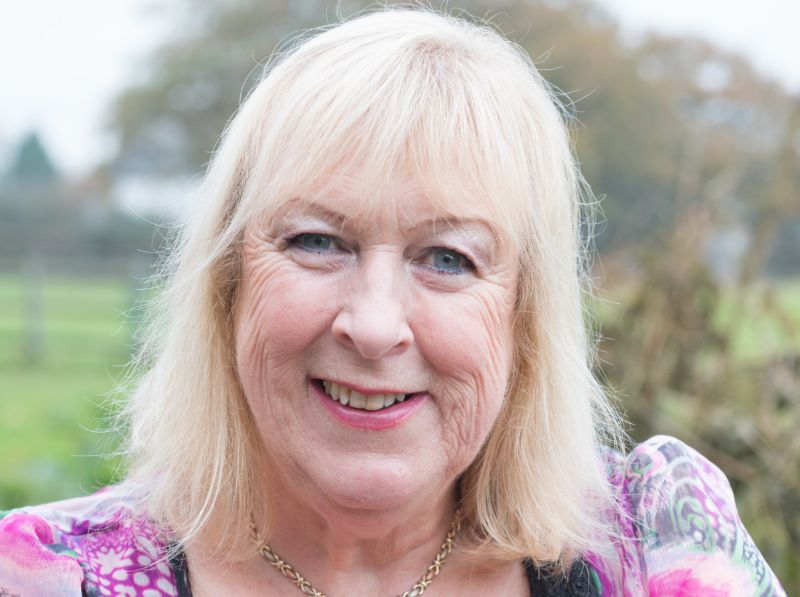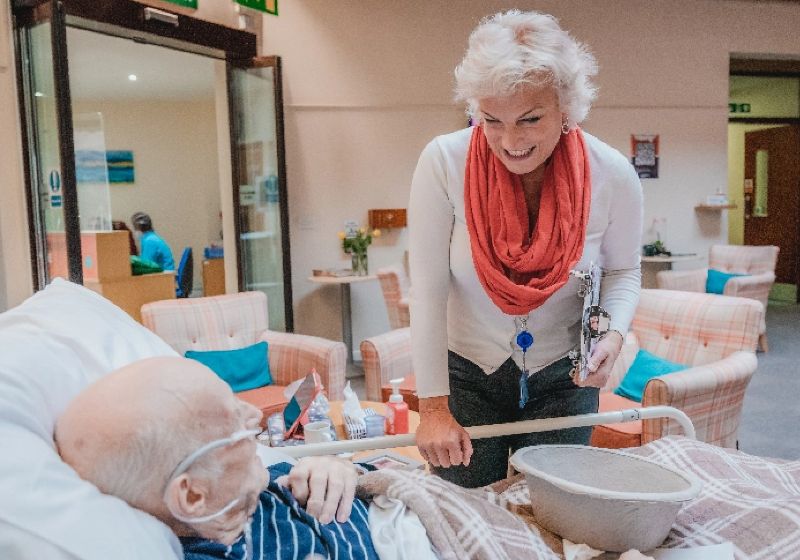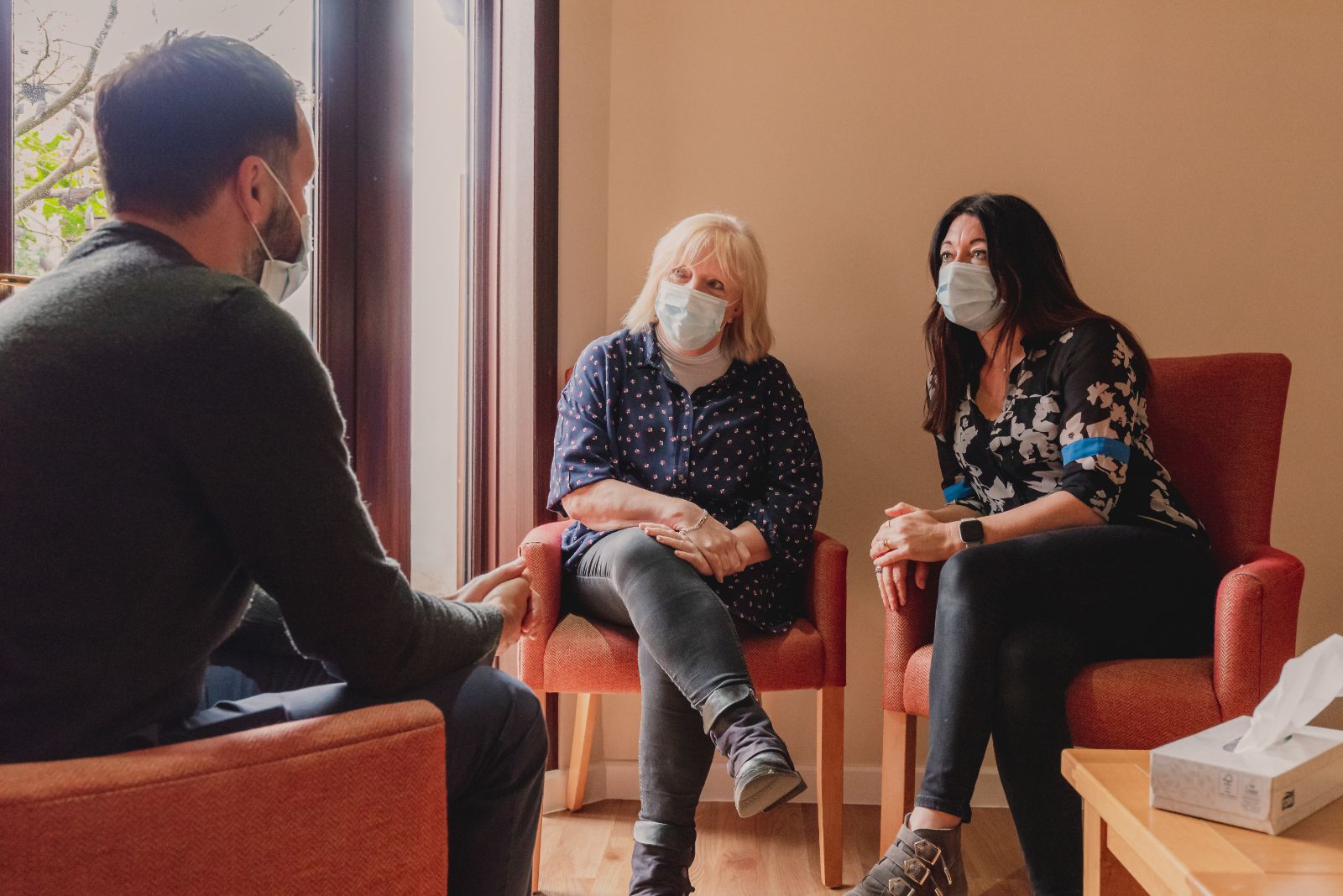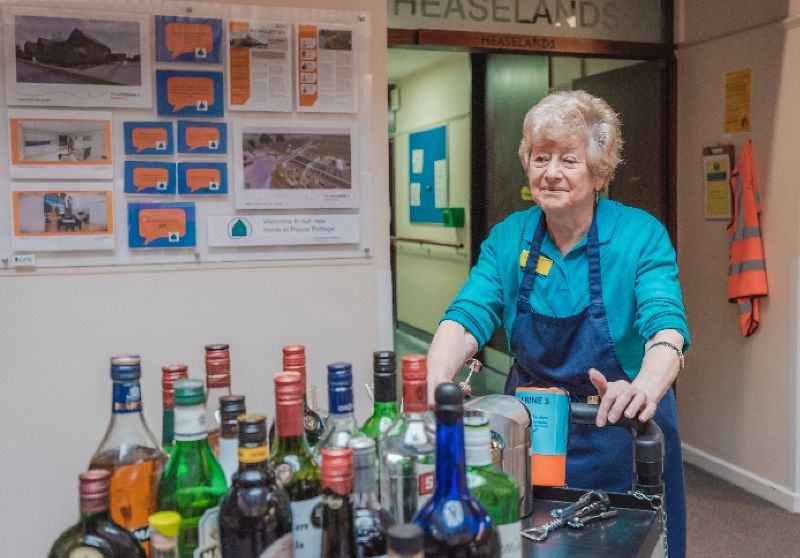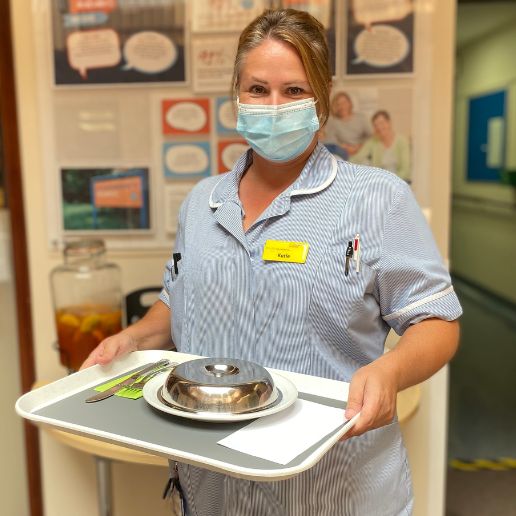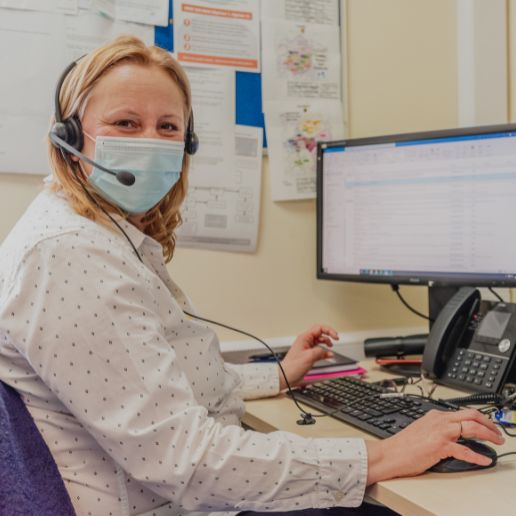Julia Fleming is a Consultant at our hospice. She shares what it’s been like caring for people during the COVID-19 pandemic.
“We will do our best to support you
I was asked to share a few thoughts about what it’s like being a doctor at the hospice at the moment.
Although it’s difficult to think about anything other than COVID at the moment we need to remember that, aside from this, life does continue. And for our patients and for those close to them all of the difficulties that they were previously facing, be it experiencing pain, or coming to terms with their illness, or contemplating their plans for the future, all of these things are still important. And, they are needing to face them at a time filled with even more unknowns, when nothing is running as normal, and with all the additional anxieties that COVID-19 brings.
So for me, as a doctor, my role is to continue doing what I normally do, by doing my best to address any of these issues; and my message to the people we look after is to continue to contact us and let us know if you need any help. We know that this is a difficult time and we will do our best to support you.
The team at the hospice work as part of a much wider team of healthcare professionals in our community, alongside GPs, community nurses and care home staff
The other part of my role is working jointly with these colleagues to look after our patients, and by providing specialist advice when needed. It is even more important for us to be cohesive and communicate during these challenging times.
It certainly feels different being at work at the moment. There is so much technology to get to grips with and it’s odd not having the team around you in the same way for support.
We’re still visiting people at home, and this feels different until we get more used to wearing PPE. But, as it’s so important to keep everyone safe, we’re doing as much as possible via the telephone or video call.
Supporting people in these ways requires different skills as a clinician – the support we provide is not only about what we say, but the way we say it and sometimes about the physical being alongside someone. This is much more challenging when you can’t see one another’s faces because of being on the phone or wearing a mask
COVID-19 has thrown us all into a world of uncertainty
Normally I’d say that managing uncertainty is one of our specialist areas for all of us who work in palliative care, but at this time we’re all adjusting and learning, needing to understand this new illness and trying to find our new norms.
But the fundamentals of being a palliative care doctor and the role the hospice plays are the same, and we are still here to support those with life limiting illness in our community.”
Our Stories
Hear from our patients, their relatives, our staff and volunteers about the care of St Catherine’s Hospice.
Or for even more stories, updates and news from St Catherine’s Hospice, why not have a read of our biannual Matters magazine?
To read the latest edition of Matters, click here.
Don’t forget to follow us on social media for our latest stories
You can find us here:
Facebook: St Catherine’s Hospice, Crawley and St Catherine’s Hospice Fundraisers
Twitter: @StCHospice
Instagram: @stcatherinescrawley
LinkedIn: St Catherine’s Hospice, Crawley


